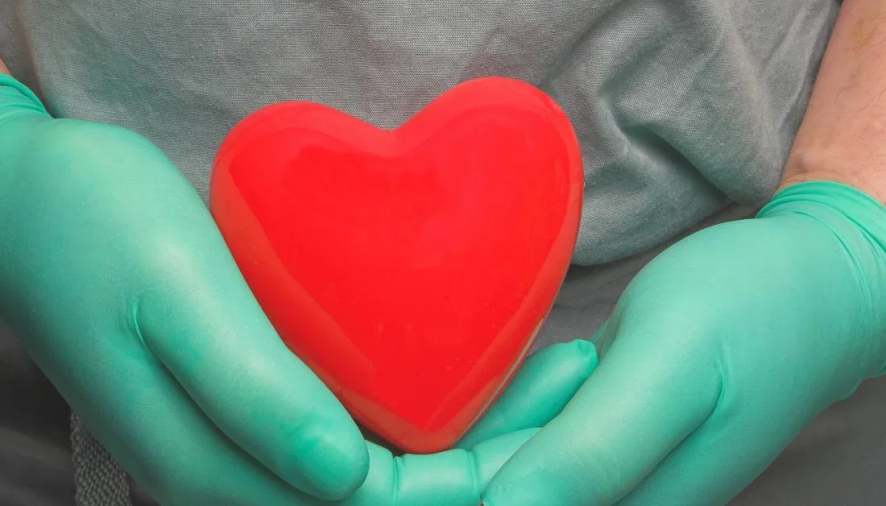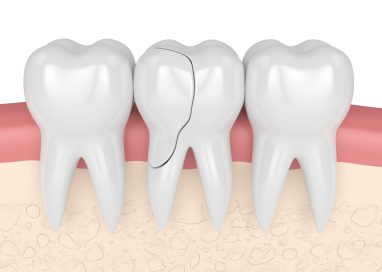Open Heart Surgery – What To Expect

An open heart surgery refers to an operation or a surgical procedure in which the human chest is cut-open, and surgery is done on the valves, muscles, and arteries of the heart. Such surgeries are performed in order to treat and repair a damaged heart, and the surgeon is required to open the chest to access the heart.
According to the NHLBI (National Heart, Lung & Blood Institute), coronary artery bypass grafting or CABG is the most common type of open-heart surgery that is usually done on adults. In this operation, a healthy artery is connected or grafted to the blocked coronary artery, thereby allowing the grafted artery to bypass the blocked part of the artery and transport fresh blood to the heart.
Why is Open-Heart Surgery Needed?
Open heart surgery is generally performed to carry out a CABG (Coronary Artery Bypass Graft), which is quite necessary for people suffering from coronary heart disease. It’s important for you to know that coronary heart diseases usually occur due to the hardening of the arteries. This hardening of arteries takes place due to the accumulation of fatty materials on the walls of coronary arteries. It ultimately makes it difficult for the blood to flow properly, thereby increasing the risk of a heart attack.
Open heart surgery is also done to:
- Replace or repair the heart valves, which allow the blood to flow through the heart.
- Repair all damaged or abnormally functioning parts of the heart.
- Repair a damaged heart through a donated heart (heart transplantation).
- Implant medical devices to help the heartbeat normally.
Risks Associated with Open Heart Surgery
There are certain risks associated with open-heart surgery, some of which include:
- Heart attack or heart stroke
- Chest wound infection
- Lungs or kidney failure
- Irregular heartbeat
- Intense chest pain
- Low fever
- Blood loss or blood clotting
- Fuzziness or memory loss
- Pneumonia
- Breathing problems
Getting Prepared for an Open Heart Surgery
First of all, you need to consult your doctor and talk to him about your unhealthy habits like alcohol or drug consumption. Possibly, your doctor will ask you to quit smoking, alcohol consumption, and ingestion of certain blood-thinning medications like aspirin or ibuprofen, right two weeks before the surgery. In fact, your medical healthcare provider will give you more elaborated instructions once you consult him before the surgery.
What Happens After An Open Heart Surgery?
Once your open-heart operation is successfully performed and you wake up after the surgery, you will notice 2 or 3 tubes in your chest. These tubes are implanted to drain the fluid from the surrounding areas of your heart. You will also notice intravenous lines in your arm, as well as a thin tube or catheter in your bladder to expel urine. During your open-heart surgery, you will possibly spend your first night in the ICU and will be connected to different machines to monitor your heart activities. In the next 6-7 days, you will be moved to a regular care unit.
Recovery, Follow-Up & What to Expect
It is imperative that you take proper care of your health and take necessary precautions because it is a crucial part of your recovery after the open-heart surgery.
- Incision Care – As a matter of fact, incision care is immensely important. Ensure you keep your incision site dry and warm. Also, ensure that your incision site is not hit directly by the water. It is important that you inspect your incision site regularly for any signs of infection, such as increased oozing or drainage, redness around the site, fever, or warmth along the incision line.
- Pain Management – It is another crucial factor that you need to take care of because it will not only ensure enhanced recovery speed but also lower the likelihood of different health complications like pneumonia or blood clotting. Make sure you take all medications which are prescribed by your medical healthcare provider.
- Take Enough Sleep – It’s a fact that some patients often face trouble sleeping after open-heart surgery. However, it is extremely important for you to take sufficient sleep and get as much rest as possible in order to speed-up your post-surgery recovery. Make sure you take all your medications on time and arrange pillows during your sleep in order to reduce muscle strain.
Long-Term Outlook
If you have undergone open-heart surgery, you must expect a gradual recovery. It may take up to 5 to 6 weeks before you start feeling better. In fact, it may take up to 6 months for you to feel the complete benefits of the surgery. The outlook of the surgery is good, and the blood vessel grafts work effectively for years. However, the long-term outlook and recovery of this surgery greatly depend on the overall health of the person.
Even though an open-heart surgery is a daunting prospect for most individuals, its success rates are high, and experienced medical healthcare providers can make it as comfortable and effective as possible.


















